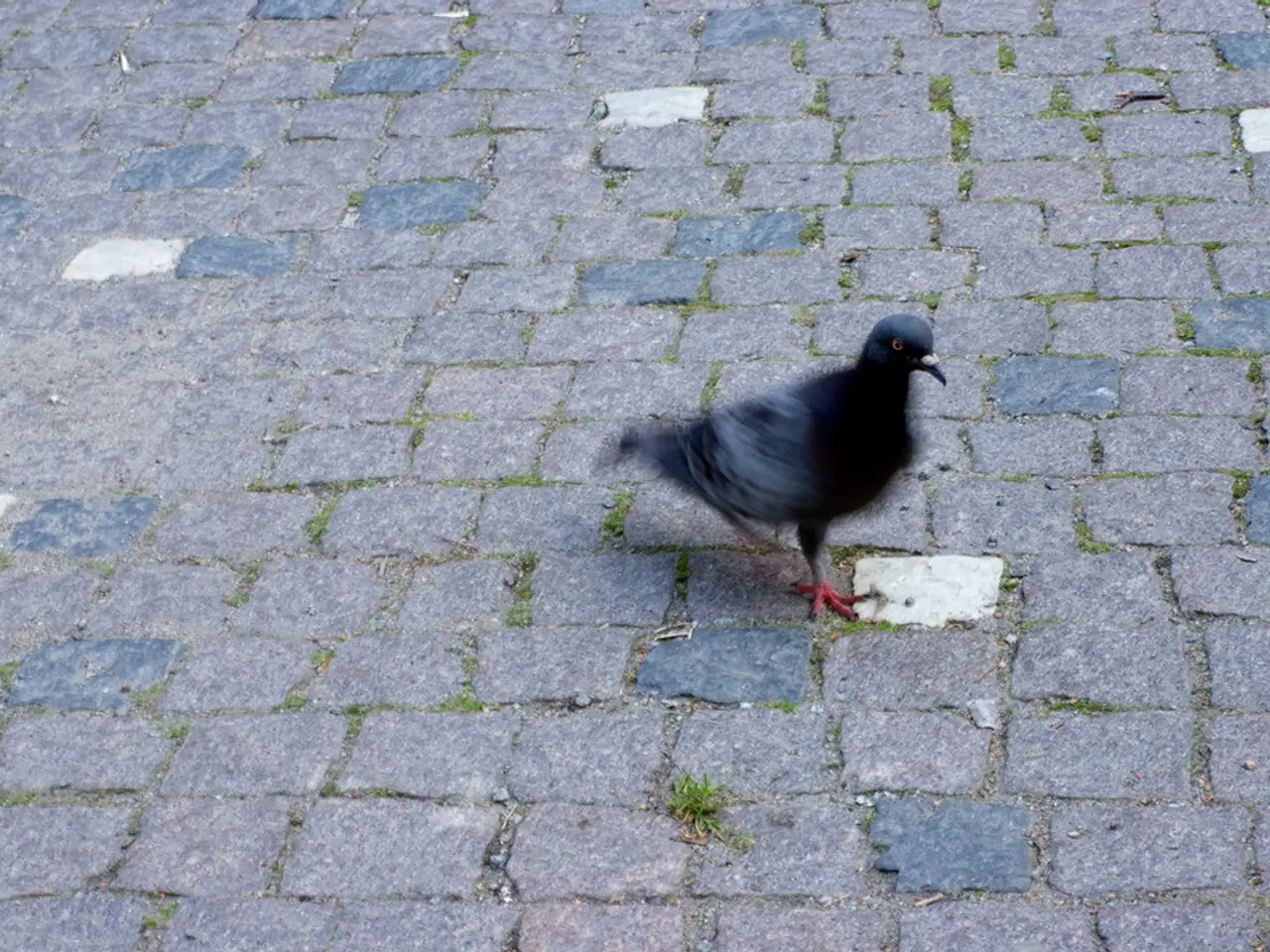Reflection: Ponder the Fate of City Pigeons
In the bustling city of Mumbai, a long-standing tradition has recently become a subject of heated debate. The practice of feeding pigeons, deeply rooted in the principle of ahimsa (non-violence) for many, has been officially banned in public spaces following a Bombay High Court order. The Mumbai civic body (BMC) is enforcing this ban, even registering criminal cases against violators.
However, the ban has ignited significant public outrage, particularly from religious and cultural groups such as the Gujarati and Jain communities, who view pigeon feeding as a religious or auspicious act. In response to this backlash, the Bombay High Court has directed the BMC to gather public feedback before finalizing decisions on allowing any controlled feeding of pigeons.
The BMC has received three applications—including one from the Dadar Kabutar Khana trust—to permit controlled feeding at designated times and places, and has invited objections and suggestions from citizens via a public notice.
Key concerns driving the ban include health risks, environmental and infrastructural damage, and overpopulation of pigeons. Pigeon droppings can harbour fungal infections like histoplasmosis and cryptococcosis, especially dangerous to immunocompromised people. Droppings also cause damage to buildings and public infrastructure, and uncontrolled feeding leads to increasing pigeon populations, exacerbating these problems.
Religious significance plays a major role in public opposition, as pigeon feeding is seen as a charitable or ritualistic offering by some communities. Potential solutions being considered and advocated include controlled feeding zones and timings, public awareness campaigns, pigeon population control via contraceptives, and the formation of an expert committee to evaluate evidence and guide policy decisions balancing health concerns and pigeon welfare.
The court's move to seek expert input is a welcome and sensible step forward. The expert committee is expected to be constituted this week, and it will assess whether shutting down all kabutarkhanas is the only viable solution, or if safer alternatives and regulated practices can be implemented.
The closure of kabutarkhanas has sparked public outrage, particularly among members of the Jain community, and has become a major political flashpoint in Mumbai over the past month. Maharashtra chief minister Devendra Fadnavis has directed the BMC to permit pigeon feeding in a "controlled manner".
The BMC's decision to close kabutarkhanas is driven by concerns over public health. The act of feeding pigeons is considered a spiritual virtue and an expression of kindness by many, and is deeply rooted in the principle of ahimsa (non-violence) for those who practice it.
In summary, while pigeon feeding remains banned technically in Mumbai, efforts are underway to explore a more nuanced and regulated approach incorporating public input, religious sensitivities, health considerations, and humane population control measures. The court's decision not to order a complete ban on feeding pigeons, but to decline interim relief to petitioners seeking official permission to feed pigeons twice a day, remains in effect.
Read also:
- Exploring the Advantages of Outdoor Group Meditation for Enhancing the Mind-Body Union
- Hidden beneath the appealing aesthetic of Consume Me's artwork lies a more ominous nature
- Meta's Artificial Intelligence Now Condenses Your Group Conversations. Fate Seems Grim in Zimbabwe
- Perfect Treat for Soothing and Relaxing Muscles: Magnesium-Infused Body Butter





